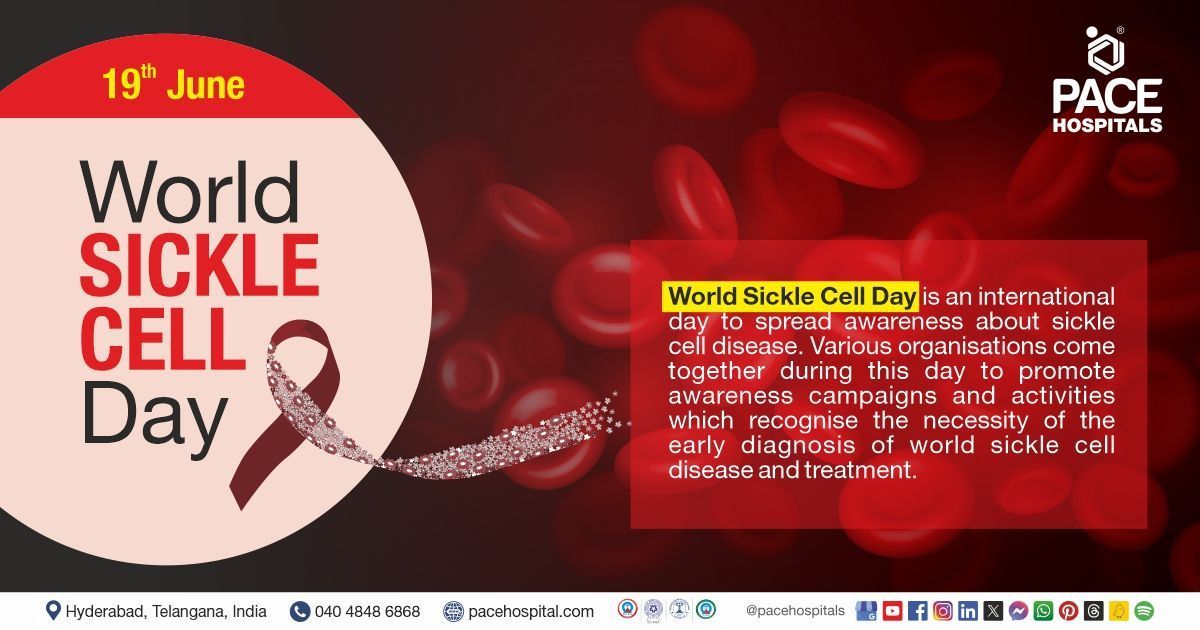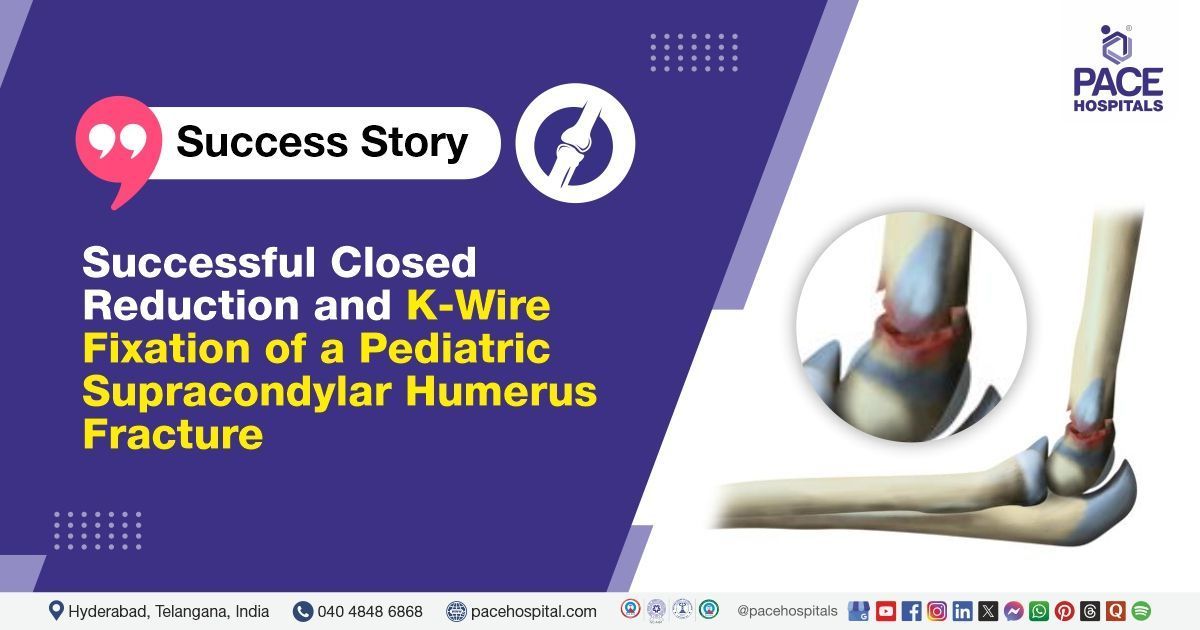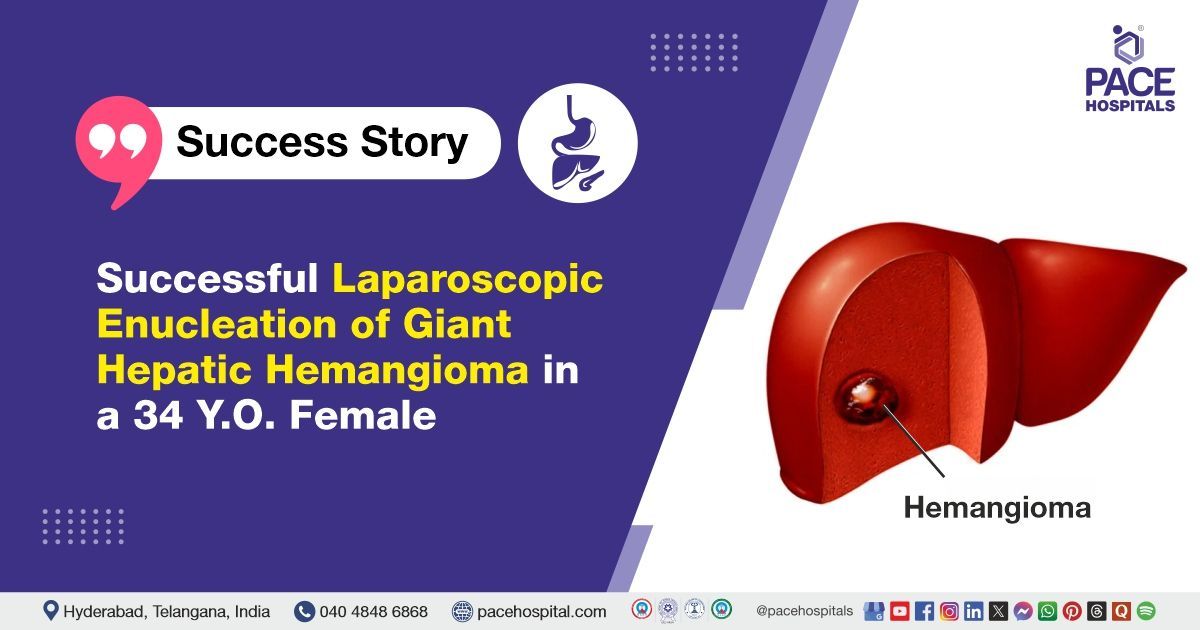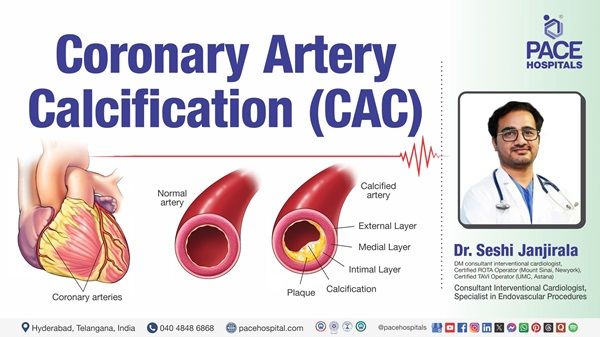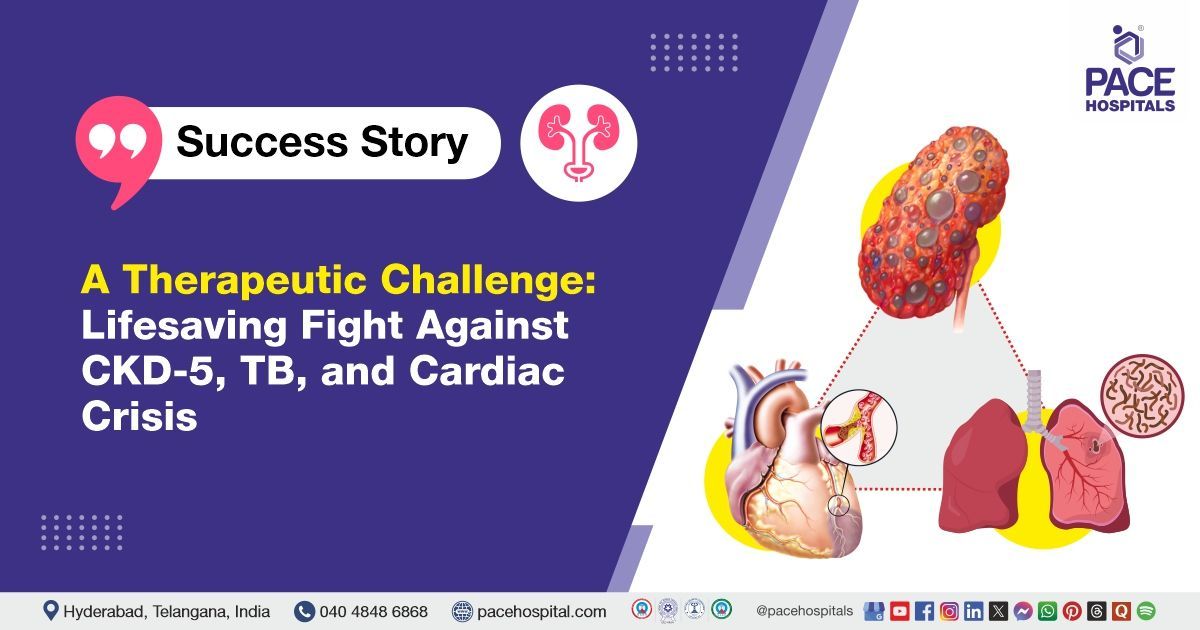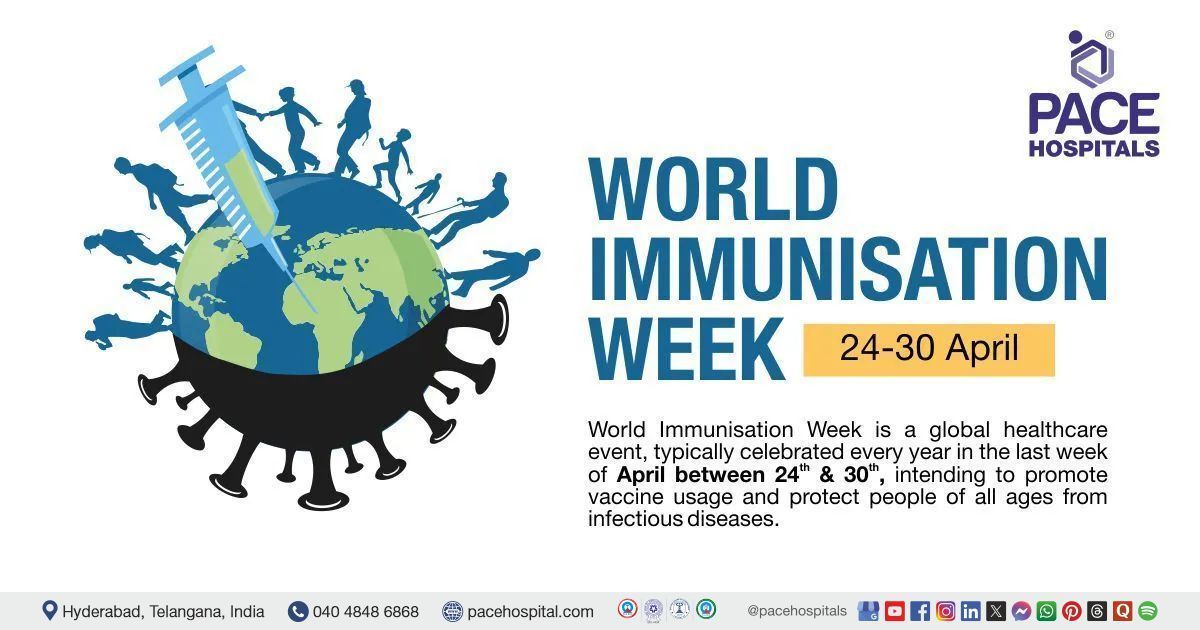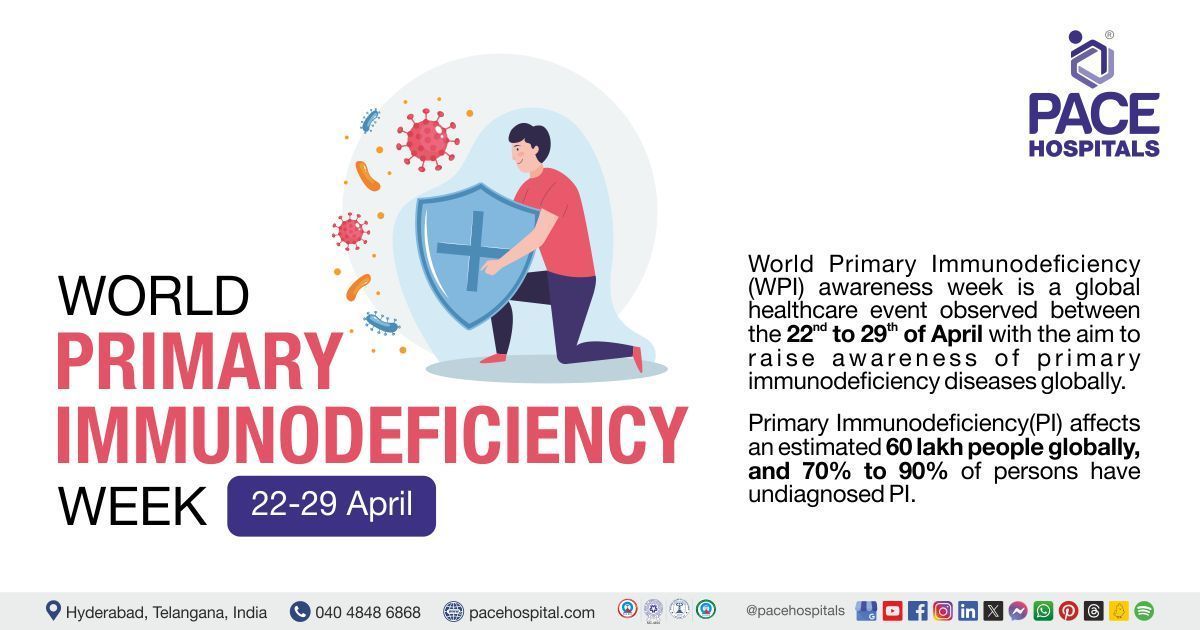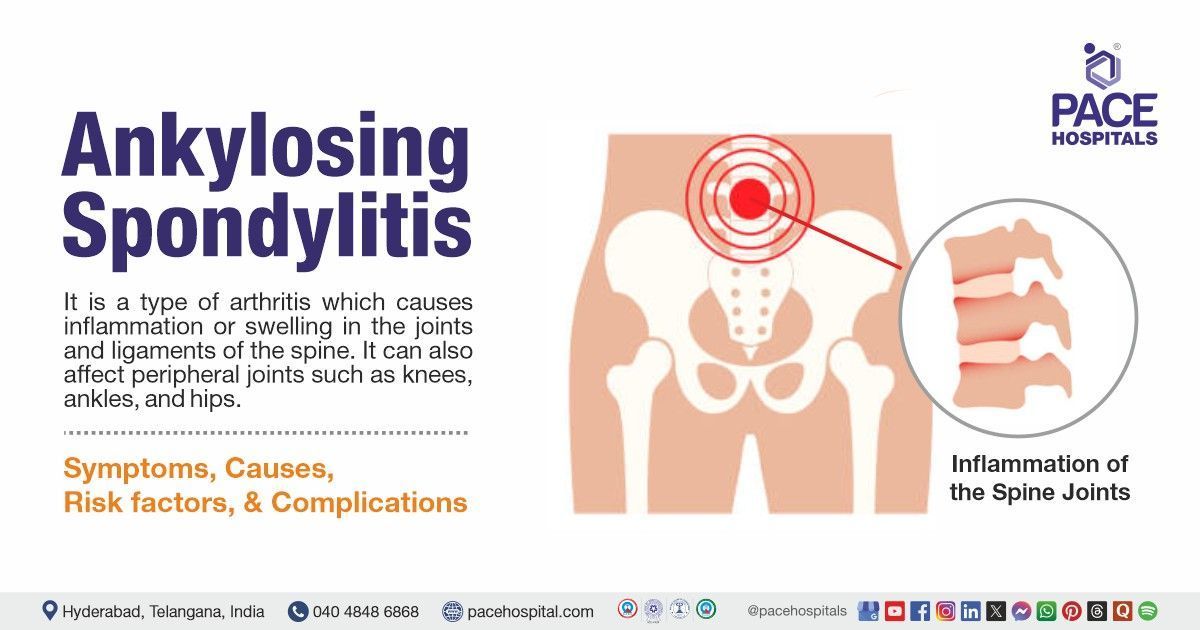World Sickle Cell Day 19 June 2024 – Theme, Importance & History
World Sickle Cell Day is an international awareness day commemorated every year on 19 June, to alert the global public about sickle cell disease. Various global and local organisations come together during this day to promote awareness campaigns and activities which recognise the necessity of the early diagnosis of sickle cell disease, its treatment, and preventive tips to avoid the ailment.
The Necessity for the Awareness of Sickle Cell Disease
Sickle cell disease is one of the majorly occurring monogenic diseases (over 3,00,000 affected births worldwide). The majority of them are seen in low- and middle-income countries.
India has the world's second-greatest sickle cell disease burden, affecting socially, politically, and economically marginalised people, particularly scheduled tribes. Given additional drivers of socioeconomic inequities among sickle cell disease-affected tribal communities, the increased frequency of sickle cell disease among forest-dwelling tribal communities demands an urgent need for equity-focused action. Despite bearing one of the highest sickle cell disease burdens, there has been a scarcity of research in India.
Dedicating a specific day for sickle cell disease ensures the comprehensive awareness that could bring out across individuals, populations, services, and systems levels.
History of World Sickle Cell Day
According to research, the gene that causes sickle cell disease evolved in Africa thousands of years ago as a means to fight malaria - the continent's historically leading cause of death. Long before Western medicine was established, sickle cell illness became known by various names in the tribal languages of Africa as it arose over time.
Recognising the need to promote knowledge of this condition, World Sickle Cell Day is a United Nations-recognized day to raise sickle cell awareness nationally and internationally. The resolution of the United Nations General Assembly, passed on the 22nd of December 2008, recognising sickle cell disease as a public health hazard and "one of the world's main genetic illnesses." The resolution calls on members to raise sickle cell disease awareness on a national and international scale on the 19th of June each year.
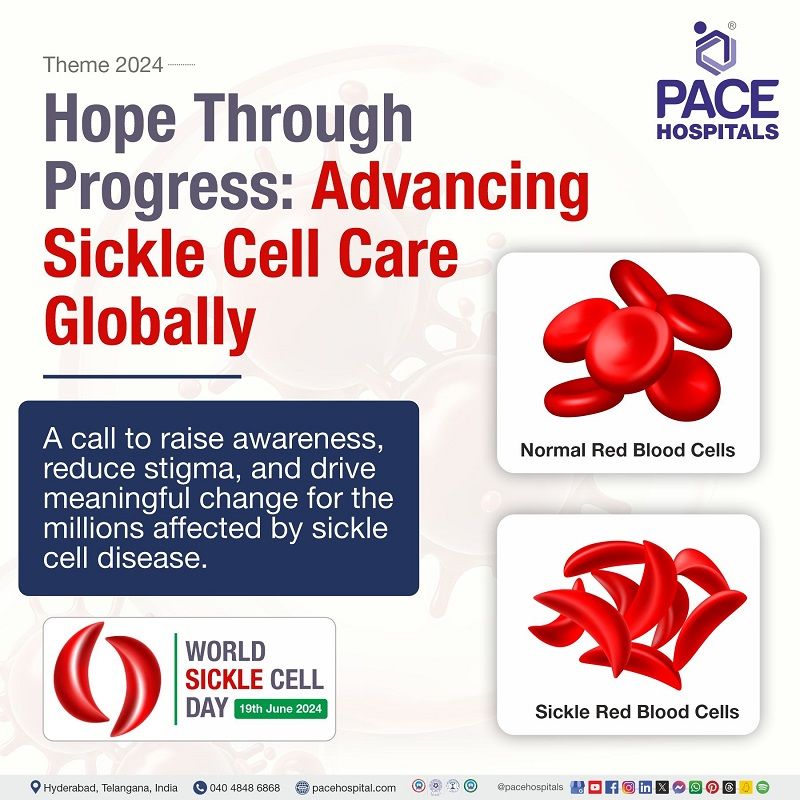
World Sickle Cell Day 2024 Theme
This year, 2024, the World Sickle Disease Day theme is "Hope Through Progress: Advancing Sickle Cell Care Globally,". A call to highlight by coming together, through everyone's amplified voices, by raising awareness, reduce stigma, and drive meaningful change for the millions affected by this disease.
Year- by- Year, the themes for World Sickle Cell Day
- World Sickle Cell Day theme 2023: Building and strengthening Global Sickle Cell Communities, Formalizing New-born Screening and Knowing your Sickle Cell Disease Status
- World Sickle Cell Day theme 2021: Shine the Light on Sickle Cell
Understanding Sickle Cell Trait: Inheritance and Considerations for Future Generations
- Sickle cell trait is passed down when only one of a child’s parents has passed on the sickle gene, and it does not progress to sickle cell disease.
- Since the signs of sickle cell trait aren’t exhibited, it would be prudent to have a blood test to determine the carrier status.
- In case of a positive affirmation of this feature, the bulk of the red blood cells possesses the natural, round form.
- Although there could be any evidence of a few sickle-shaped cells present under specific conditions, it must be understood that the trait at it is not a disease; nevertheless, considerations must be made when intending to have children.
- If the spouse/partner does not carry the sickle cell trait, the children will not have sickle cell disease, but they may carry the trait (50% chance).
- If both spouses/partners carry the trait, there is a 25% risk that any child conceived will be affected by sickle cell disorder and a 50% chance of carrying the trait.
Blood tests to identify the Sickle Cell Trait
A simple blood test can detect sickle cell disorder. It is frequently performed during normal newborn screening examinations at the hospital. Furthermore, sickle cell disorder can be detected when the kid is still in the womb.
The newborn infants should be tested for sickle cell disease within 24–48 hours of birth; a positive screening test may indicate the possibility of the condition; nevertheless, additional tests are necessary to confirm it.
If the screening tests for sickle cell were not done during infancy, they could be well performed in adulthood. Both spouses/partners must take part in the tests before pregnancy to understand the disease status.
The blood tests are:
- Complete blood count (CBC) - This test detects anaemia, a condition in which insufficient oxygen in blood due to defective haemoglobin.
- Mean Corpuscular Volume (MCV) - A part of the CBC, the test anomalies can indicate the existence of aberrant haemoglobin, such as beta thalassemia trait.
- Haemoglobin electrophoresis, high-performance liquid chromatography (HPLC), or DNA testing to determine the type of haemoglobin in a blood of a person.
Share on
Request an appointment
Fill in the appointment form or call us instantly to book a confirmed appointment with our super specialist at 04048486868

